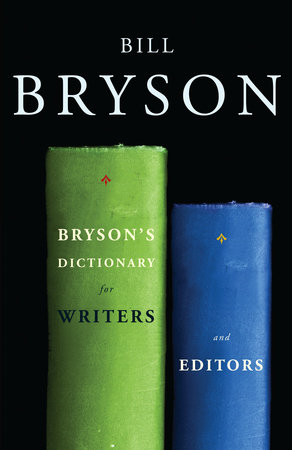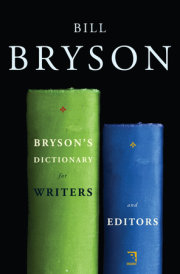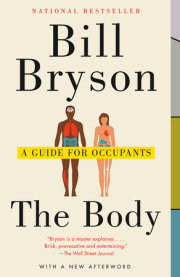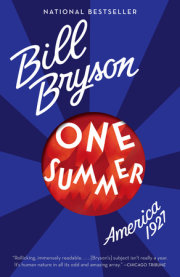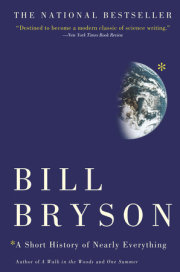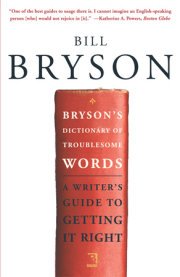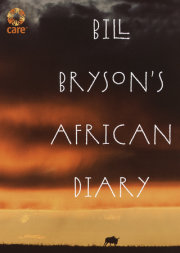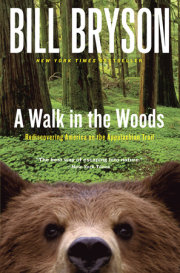AaAachen. City in Germany; in French, Aix-la-Chapelle.
a/an. Errors involving the indefinite articles a and an are almost certainly more often a consequence of haste and carelessness than of ignorance. They are especially common when numbers are involved, as here: "Cox will contribute 10 percent of the equity needed to build a $80 million cable system" or "He was assisted initially by two officers from the sheriff's department and a FBI agent." When the first letter of an abbreviation is pronounced as a vowel, as in "FBI," the preceding article should be
an, not
a.
Aarhus. City in Denmark; in Danish, erhus.
abacus, pl. abacuses.
abaft. Toward the stern, or rear, of a ship.
abattoir.
Abbas, Mahmoud. (1935-) President of Palestinian National Authority (2005-).
ABC. American Broadcasting Companies (note plural), though the full title is no longer spelled out. It is now part of the Walt Disney Company. The television network is ABC-TV.
abdomen, but
abdominal.
Abdulaziz International Airport,
King, Jeddah, Saudi Arabia.
Abdul-Jabbar, Kareem. (1947-) American basketball player; born Lew Alcindor.
aberrant, aberration.
abhorrent.
Abidjan. Capital of Ivory Coast.
ab incunabulis. (Lat.) "From the cradle."
abiogenesis. The concept that living matter can arise from nonliving matter; spontaneous generation.
-able. In adding this suffix to a verb, the general rule is to drop a silent
e (
livable, lovable) except after a soft
g (
manageable) or sibilant
c (
peaceable). When a verb ends with a consonant and a
y (
justify, indemnify) change the
y to
i before adding
-able (
justifiable, indemnifiable). Verbs ending in
-ate drop that syllable before adding
-able (
appreciable, demonstrable).
-able, -ible. There are no reliable rules for knowing when a word ends in
-able and when in
-ible; see Appendix for a list of some of the more frequently confused spellings.
ab origine. (Lat.) "From the beginning."
abracadabra.
abridgment.
abrogate. To abolish.
Absalom. In the Old Testament, third son of David.
Absalom, Absalom!. Novel by William Faulkner (1936).
Absaroka Range, Rocky Mountains.
abscess.
absinth.
abstemious.
Abu Dhabi. Capital city of and state in the United Arab Emirates.
Abuja. Capital of Nigeria.
Abu Simbel, Egypt; site of temples built by Ramses II.
abyss, abyssal, but
abysmal.
Abyssinia. Former name of Ethiopia.
acacia.
Académie française. French literary society of forty members who act as guardians of the French language; in English contexts, Franeaise is usually capitalized.
Academy of Motion Picture Arts and Sciences. Institution responsible for the Oscars.
a capella. Singing without musical accompaniment.
Acapulco, Mexico. Officially, Acapulco de Juarez.
Accademia della Crusca. Italian literary academy.
accelerator.
accessible.
accessory.
acciaccatura. Grace note in music.
accidentally. Not
-tly.
accolade.
accommodate. Very often misspelled: note
-cc-,
-mm-.
accompanist. Not
-iest.
accouterment.
Accra. Capital of Ghana.
Acheson, Dean. (1893-1971) American diplomat and politician; secretary of state, 1949-53.
Achilles. King of the Myrmidons, most famous of the Greek heroes of the Trojan War.
Achilles’ heel. (Apos.)
Copyright © 2008 by Bill Bryson. All rights reserved. No part of this excerpt may be reproduced or reprinted without permission in writing from the publisher.

